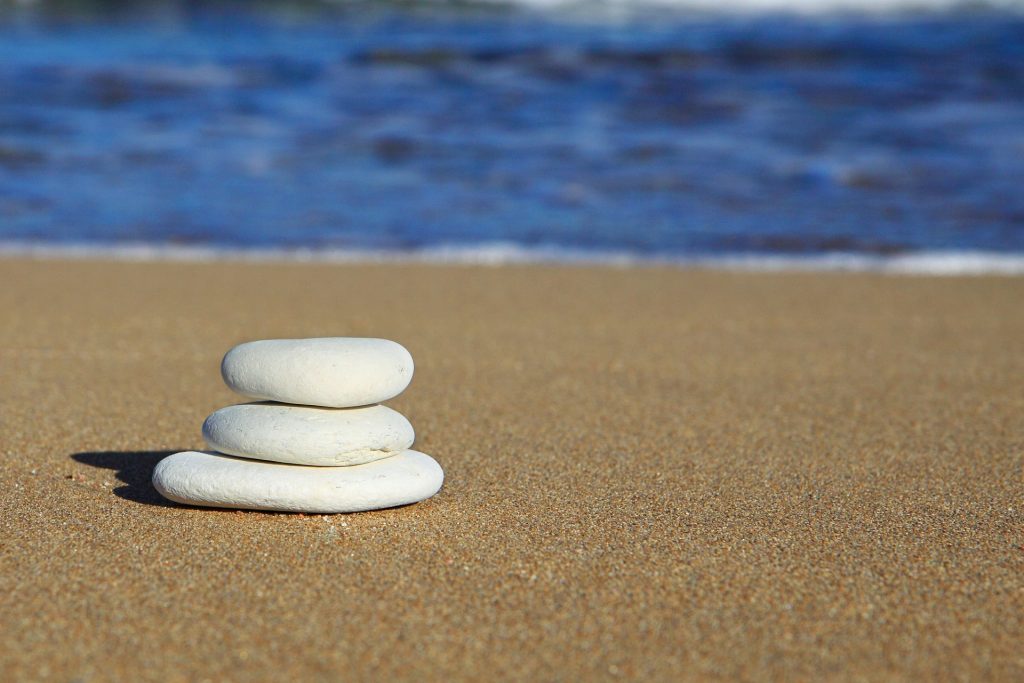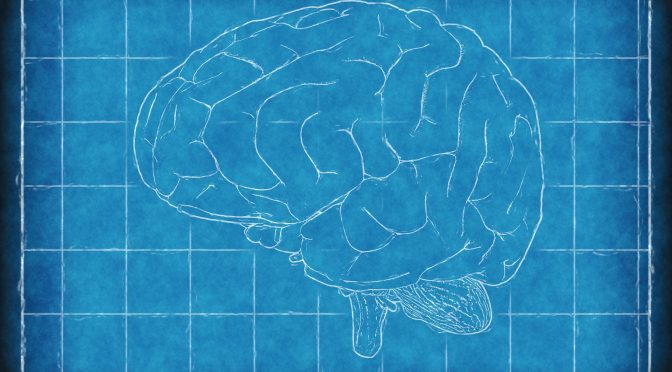All images used here are released under Creative Commons CC0. The author would like to thank her good friend E.C. for help in editing this article.
While the stigma of mental health issues has begun to lessen somewhat in recent years, it’s still very present in our society. Let’s take a moment to talk honestly about mental health and work/life balance.

Graduate students have a high risk of having or developing mental health issues
In a paper published in the Journal of Medical Education in 1984, Heins et al. studied perceived stress in medical, law, and graduate students. While the authors acknowledged that stress is related to doing graduate work regardless of program, they caution that overabundance of stress is, paradoxically, likely to be detrimental to the learning process (Heins et al. 1984). Even in the 80s, scientists were studying and acknowledging mental health issues resulting from too much stress, and the importance of its management in post-secondary education. So why has it taken so long to address this, even in everyday society?
Aside from the inertia created by social norms, there doesn’t seem to be a reasonable answer to this. Graduate students face an extraordinarily high amount of pressure, including the their own expectations and those of their peers, funding concerns, publishing, and finding a job once their degree is finally obtained (Hyun et al. 2006). A small study of Ph.D. students in Flanders, Belgium indicated that the risk having or developing a common psychiatric disorder, such as anxiety or depression, was 2.43 times higher in Ph.D. students than in the highly educated general population (Levecque et al. 2017). A similar pattern was published in the Graduate Student Happiness & Well-Being Report from University of California, Berkeley, where 28-64% of graduate students scored as being depressed (depending on the field of study; biological sciences scored 43-46%) (University of California, Berkeley 2014). This study’s top ten predictors of overall graduate student well-being are:
1. Career Prospects
2. Overall Health
3. Living Conditions
4. Academic Engagement
5. Social Support
6. Financial Confidence
7. Academic Progress & Preparation
8. Sleep
9. Feeling Valued and Included
10. Advisor Relationship
So, what does this mean?
Work-life balance is important
You may be protesting, “I am in graduate school. I am extremely busy and I simply don’t have time to do things outside of work.” Good news: studies show that taking breaks can boost your focus (Ariga and Lleras 2011; Finkbeiner et al. 2014; Zacher et al. 2016). There are lots of opportunities hidden within your day-to-day life that you can seize, if you know where to look. Not convinced? Try taking just one extra hour of time for yourself per week for a few months and see if your stress levels decrease. Here are some beneficial things to try during that hour:
Get some exercise
The gym in Sackler is free and readily accessible for students, but there are lots of other things you could do. Running is a great, rhythmic option that can double as a jam session to your favorite tunes. High-impact exercise not your style? Try taking a stroll with a friend to get some bubble tea and fresh air! Or take advantage of the weekly “Walk with the Dean” that Dean Jay recently implemented. The Student Advisory and Health Administration Office has also sponsored beginner’s level yoga and meditation, which will hopefully continue in future semesters.
Catch more zzz’s
Most of the time, caffeine does a passable job at convincing us that sleep isn’t all that important after all, right? As miraculous (and delicious!) as coffee is, the caffeine-induced buzz just isn’t a substitute for getting enough sleep. It’s very difficult to commit to a full 8 hours every night (and some of us may not even need quite that much), but if you are consistently running low on sleep, try committing to just an extra half hour each night. At the very least, you’ll get another 3.5 hours per week, which is a step in the right direction!
Start talking
Open a dialogue with your colleagues about mental health and well-being. You might be surprised by how many people have something to say on the topic, and by starting a conversation, you will play an active role in decreasing the stigma surrounding mental health. This can be a particularly helpful and important step if you are feeling alone, frustrated, helpless, or overwhelmed. If opening up to a friend is too daunting, you can also take advantage of peer-to-peer mentoring. Groups like Tufts Mentoring Circles aim to support students (and Postdocs!) through topics such as applying for jobs, time management, conflict resolution, and, of course, work/life balance.
Know where to go for help
Did you know that Tufts has a Student Wellness Advisor? This resource is available to all students on the Boston Health Science Campus. Our Wellness Advisor, Sharon “Snaggs” Gendron is here to help us manage the everyday stress of being graduate students. She can also refer students struggling with depression, anxiety, or other mental health challenges to clinicians who can help. You can read more about how to get in touch with the Wellness Advisor here.
If any of this sounds familiar and you want to try changing your habits, you’re in luck! There are two Wellness Gatherings coming up, one on November 15th from 3 PM – 4:30 PM and one on December 14th from 2:30 PM – 4 PM, in the Sackler 4th floor Reading Room. Take a few minutes to stop by and meet the Wellness Advisor (and a Canine Companion)!

A final note…
TL;DR? You are important and your health is paramount. Keep in mind that the definition of ‘health’ is not limited to the physical realm; you need to take care of your mind and feelings just as much as the rest of you.
Finally, and this cannot be emphasized enough, if you are struggling with mental health challenges like anxiety, depression, or suicidal thoughts, please seek help. You are not alone. In the event of a crisis, you can contact the National Suicide Prevention Lifeline 24/7 at 1 (800) 273-8255.
Literature Cited
Ariga A and Lleras A. (2011) Brief and rare mental ‘‘breaks’’ keep you focused: Deactivation and reactivation of task goals preempt vigilance decrements. Cognition 118:439-443.
Finkbeiner KM, Russell PN, and Helton WS. (2016) Rest improves performance, nature improves happiness: Assessment of break periods on the abbreviated vigilance task. Conscious Cogn 42:277-285.
Heins M, Fahey SN, and Leiden LI. (1984) Perceived stress in medical, law, and graduate students. J Med Educ 59:169-179.
Hyun JK, Quinn BC, Madon T, and Lustig S. (2006) Graduate student mental health: needs assessment and utilization of counseling services. J Coll Stud Dev 47(3):247-266.
Levecque K, Answeel F, De Beuckelaer A et al. (2017) Work organization and mental health problems in PhD students. Res Policy 46:868-879.
University of California, Berkeley. (2014) The Graduate Assembly: Graduate student happiness & well-being report. http://ga.berkeley.edu/wellbeingreport/. Accessed 31 October 2017.
Zacher H, Brailsford HA, and Parker SL. (2014) Micro-breaks matter: A diary study on the effects of energy management strategies on occupational well-being. J Vocat Behav 85:287-297.

